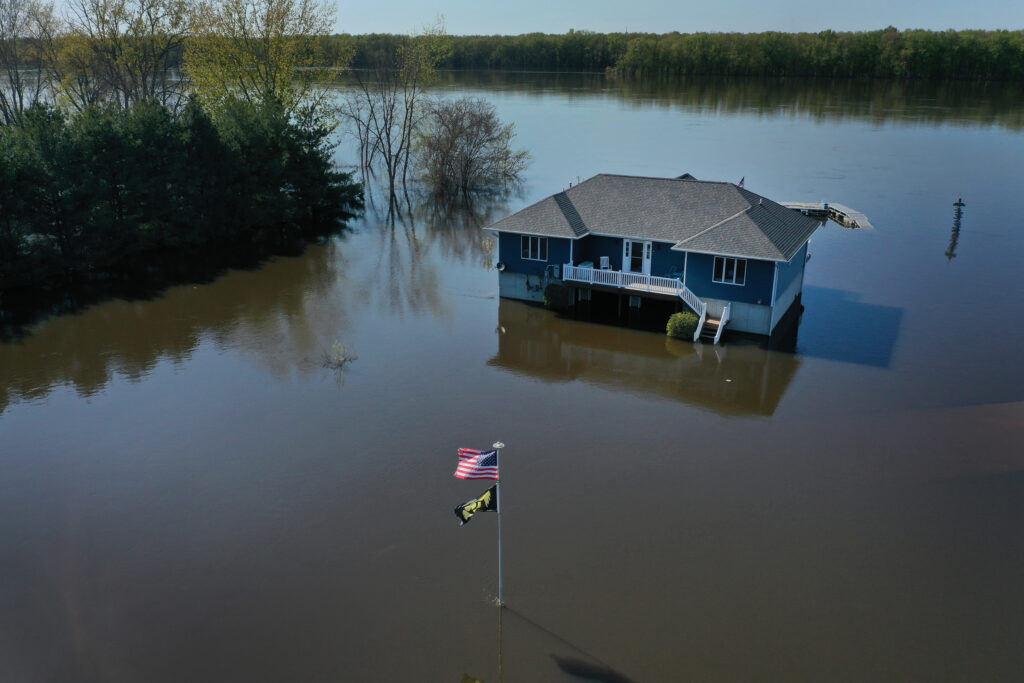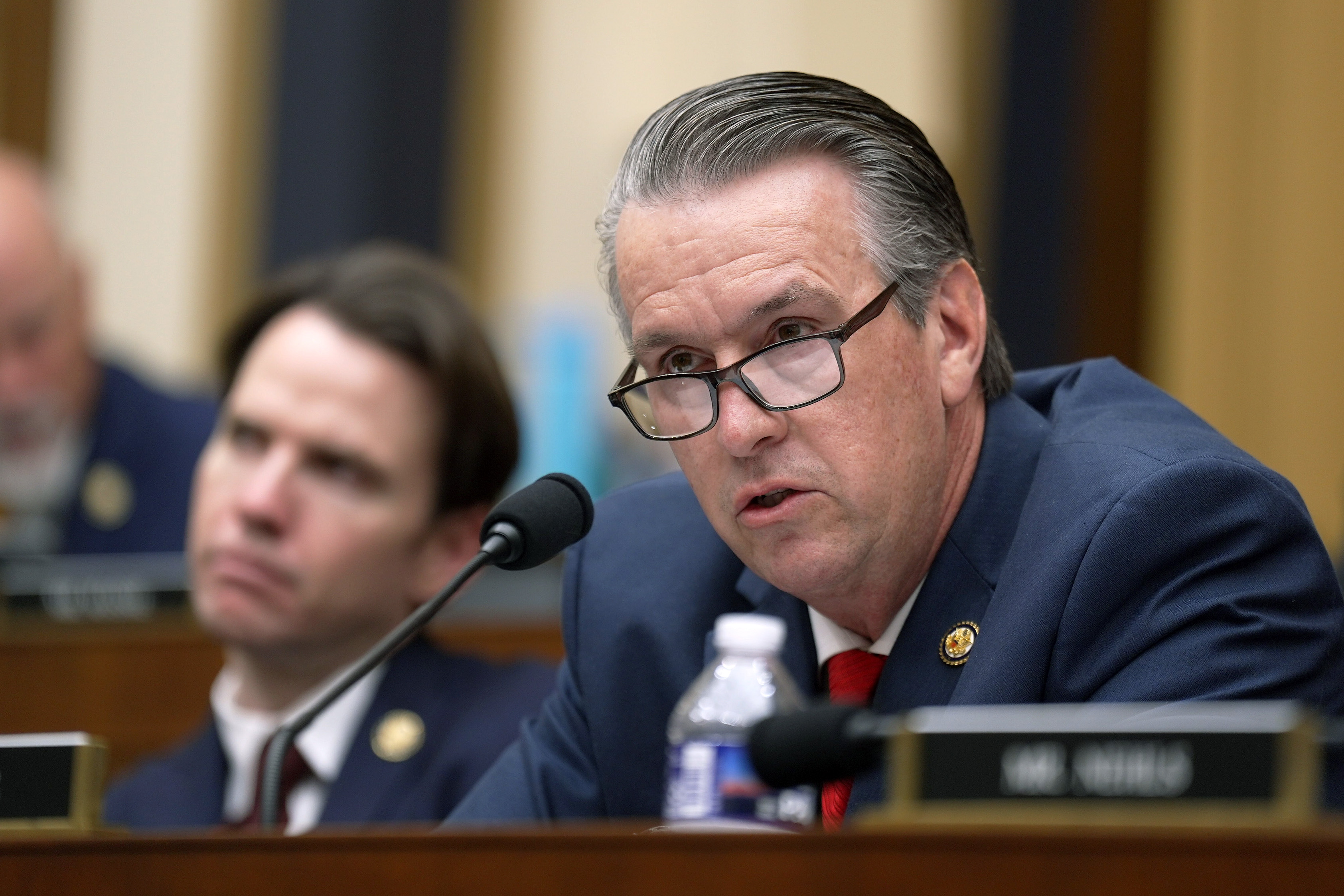Growth must not come at the expense of an already fragile environment, warned the Institute for Environmental Management and Assessment (IEMA), following the Chancellor’s announcement last week of plans to replace Environmental Impact Assessment with a new system in an effort to “cut red tape and speed up planning application approvals”.
The group said the discipline of impact assessment, including the well-known environmental impact assessment (EIA) and strategic environmental assessments (SEA) have been a cornerstone of the planning system in the UK for decades.
They enable local authorities, regulators, statutory bodies and the public to understand the likely significant effects of development on people and the natural environment, and therefore help to bring about effective decision-making.
IEMA believes that plans to replace EIA and SEA with Environmental Outcome Reports (EOR) in England, could ultimately be detrimental to the environment in the long-term.
Ben Goodwin said: “IEMA supports the government’s dual commitment to the critical challenge of delivering new housing and infrastructure while safeguarding the environment for future generations.
“However, we have significant concerns about the adequacy of the proposed Environmental Outcomes Reports (EORs) in maintaining environmental safeguards and addressing practical implementation challenges. Particularly when no details have been revealed about what EORs will contain and how they will be brought forward.
“Environmental Impact Assessment (EIA) and strategic environmental assessments (SEA) have been a cornerstone of the planning system in the UK for decades.
“Yet the current EOR proposals lack sufficient detail on how environmental outcomes will be measured, monitored, and enforced.
“In fact, neither the previous Conservative Government nor the current Labour Government have been clear about what constitutes a ‘good environmental outcome’.
“The Government has criticised the ‘voluminous documents’ that some environmental impact assessments have become, but their own 10-page response to the Office of Environmental Protection review of the Environmental Assessment Regimes, does not do justice to the evidence-based research and stakeholder engagement that went into that review.“
“As their name suggests, EORs offer an opportunity to improve environmental outcomes. However, whilst ensuring that their implementation avoids diluting protections or creating loopholes that undermine sustainability, it’s also important to consider that introducing this level of change too quickly risks creating greater uncertainty for developers and the Government not achieving its objectives of speeding up the consenting process.”
Key recommendations and observations:
- Maintain Robust Environmental Protections: IEMA has consistently emphasised that “streamlining” the planning system must not compromise the existing environmental safeguards provided by EIA and SEA. For examples the watering down or removal of social and climate impacts within EORs. While EORs offer an opportunity for improvement, their implementation must avoid diluting protections or creating loopholes that undermine sustainability.
- Address Capacity and Skills Shortages: Successful implementation of reforms requires addressing the lack of capacity and expertise within local authorities and statutory consultees. Without sufficient investment in training, resources, and skills, the reforms risk delays, inconsistent application, and reduced environmental oversight.
- Evidence-Based Decision-Making: The transition from EIA/SEA to EORs must be underpinned by robust, evidence-based research. Current proposals lack sufficient detail on how environmental outcomes will be measured, monitored, and enforced, creating risks of legal uncertainty and reduced confidence among stakeholders.
- Enhance Public Participation and Transparency: Public participation is a cornerstone of effective environmental governance. Any move to streamline processes should strengthen, not diminish, opportunities for public engagement, access to environmental information, and safeguard routes for legitimate environmental and social based challenges to decisions.
- Integrate Climate Change and Biodiversity Targets: EORs must explicitly align with the UK’s legal commitments on net zero, biodiversity net gain, and other international sustainability targets. These considerations should be fully integrated into planning reforms.
- Strengthen Monitoring and Accountability: Effective monitoring and enforcement mechanisms are crucial for achieving the intended environmental outcomes. IEMA advocates for independent oversight and a national database to support transparency, knowledge-sharing, and adaptive management of EORs.
Mr Goodwin continued: “IEMA urges the government to engage closely with environmental assessment and planning professionals in the development of its EOR roadmap and Planning Reform proposals to enhance their effectiveness while safeguarding environmental integrity.
“That could include setting up a National Environmental Assessment Unit to ensure that moving to an EOR regime does not risk delivering worse outcomes for people and the natural environment. While mandating the use of competent experts and ensuring more meaningful public participation in the planning system.
“IEMA has made consistent calls for proportionate EIA and published recommendations on how to do this. There is also much that can be done to drive speed and efficiency through digital impact assessment of which we’ve also developed guidance and recommendations.
“One simple, practical step that the government could take is to create a national database to support transparency and knowledge-sharing across the profession.”
















